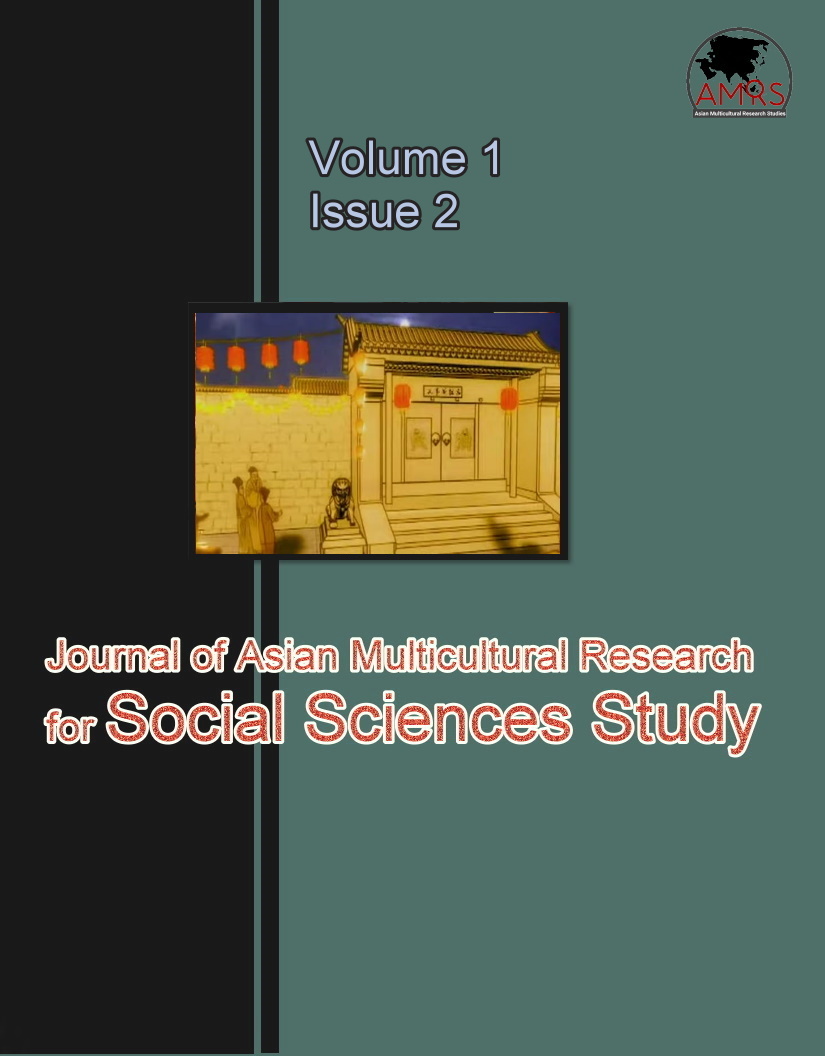
Journal of Asian Multicultural Research for Social Sciences Study
Yazarlar: Ravire Kethryn, Bianca Salonga
Konular:-
DOI:10.47616/jamrsss.v2i2.127
Anahtar Kelimeler:Policy,Cooperation,Community welfare
Özet: Cooperation takes place through ASEAN, ASEAN + 3, and other processes, as well as through cooperation with other organizations. The numerous partnerships address a variety of issues, including prevention in the health sector, economic responses, and tourism and travel interventions. Another growth approach pursued by ASEAN is trade policy. To mitigate the pandemic's effect on inter-country exchange, the ASEAN countries' primary objective is to preserve and restore trade ties by holding markets free. ASEAN interventions in response to the economic effects of the Covid-19 pandemic have been outlined in three categories: economic stimulation, monetary and fiscal policies, and exchange policies, both of which aim to maximize social welfare during the tough periods of the Covid-19 pandemic.